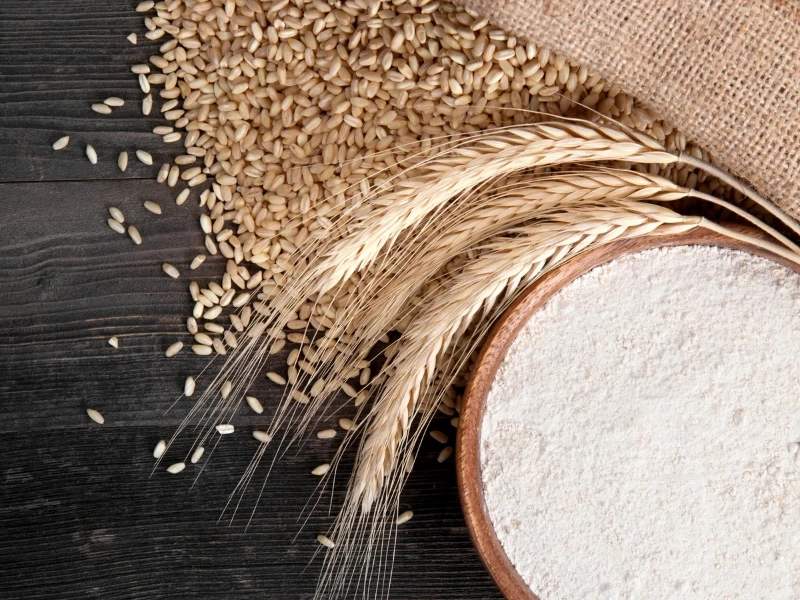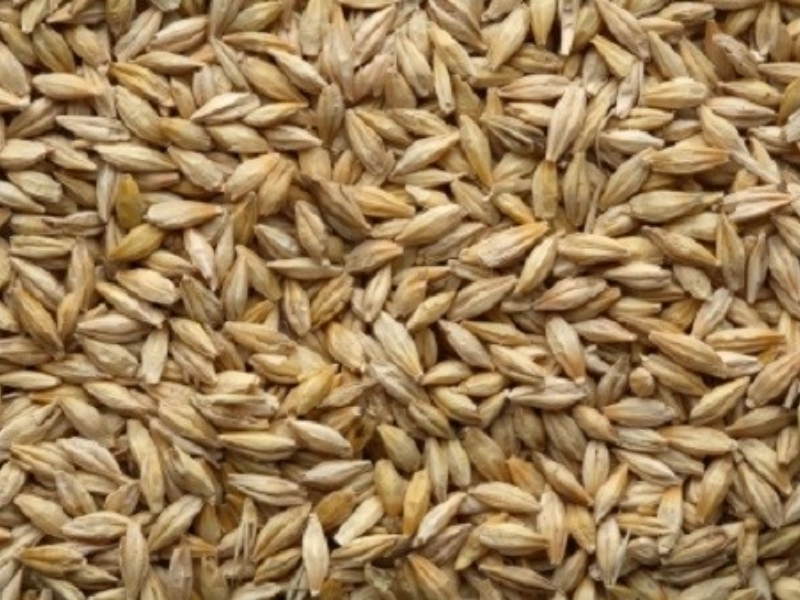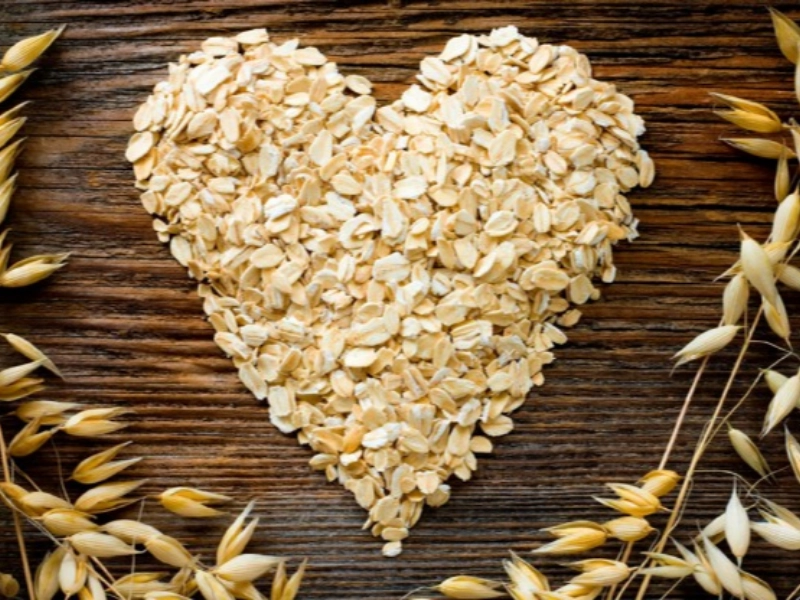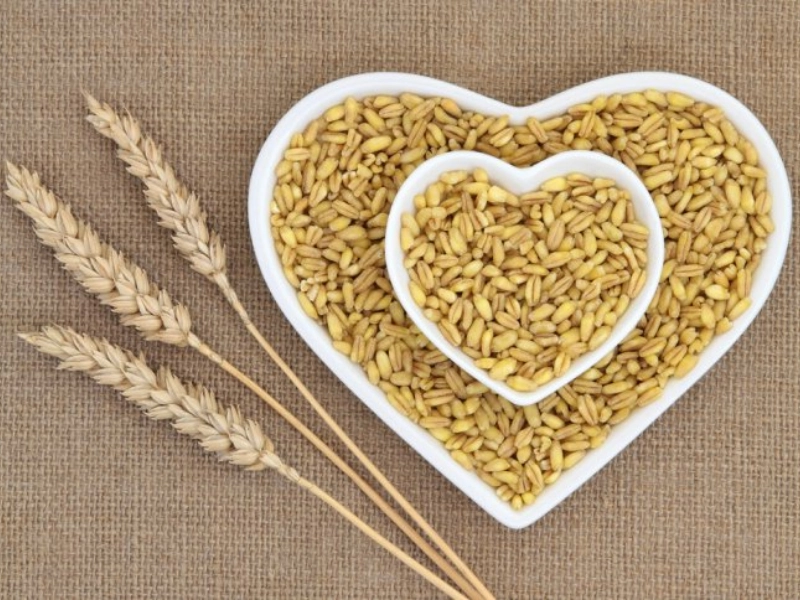A balanced vegetarian diet is mostly composed of grains since they offer necessary energy and nutrients. Rich in carbohydrates, fiber, vitamins, and minerals are these adaptable foods include rice, quinoa, oats, and whole wheat. Including a range of grains in dishes guarantees vegetarians satisfy their dietary needs in addition to improving taste and texture. This post explores the importance of grains in a vegetarian diet, their nutritional value, and doable approaches to include them into everyday meals.
 Whole grains abound in important elements that support general health. Whole grains save the bran and germ, which are high in minerals, vitamins, and fiber unlike refined grains. For digestive health, fiber is absolutely vital; it helps control bowel motions and avoid constipation. Furthermore great sources of B vitamins—thiamine, riboflavin, and folate—which are crucial for red blood cell generation and energy metabolism—are whole grains. Whole grains provide minerals such iron, magnesium, and selenium that are also vital for many body processes including immune system support and bone preservation. Vegetarians can boost their vitamin intake and promote their general health by selecting whole grains instead of refined choices.
Whole grains abound in important elements that support general health. Whole grains save the bran and germ, which are high in minerals, vitamins, and fiber unlike refined grains. For digestive health, fiber is absolutely vital; it helps control bowel motions and avoid constipation. Furthermore great sources of B vitamins—thiamine, riboflavin, and folate—which are crucial for red blood cell generation and energy metabolism—are whole grains. Whole grains provide minerals such iron, magnesium, and selenium that are also vital for many body processes including immune system support and bone preservation. Vegetarians can boost their vitamin intake and promote their general health by selecting whole grains instead of refined choices.
 The main energy source for the body is carbs, which make up most of grains. For vegetarians, who might derive their nutrition from plant-based diets, grains offer a readily available source of energy needed for everyday activity and exercise. Whole grains assist to regulate blood sugar levels, therefore avoiding the energy crashes sometimes linked with processed carbohydrates. Those with hectic schedules or those who participate in physical activity especially depend on this steady energy source. Including full grain bread, quinoa, and brown rice in meals helps vegetarians with the energy they need to flourish.
The main energy source for the body is carbs, which make up most of grains. For vegetarians, who might derive their nutrition from plant-based diets, grains offer a readily available source of energy needed for everyday activity and exercise. Whole grains assist to regulate blood sugar levels, therefore avoiding the energy crashes sometimes linked with processed carbohydrates. Those with hectic schedules or those who participate in physical activity especially depend on this steady energy source. Including full grain bread, quinoa, and brown rice in meals helps vegetarians with the energy they need to flourish.
 Promoting digestive health is much aided by grains' high fiber content. By increasing stool size, allowing frequent bowel motions, and reducing constipation, fiber helps digestion. Additionally supporting a healthy gut microbiome—which is vital for general well-being—a diet high in fiber can Although both soluble and insoluble fiber abound in whole grains, each has special advantages. Whereas insoluble fiber encourages digestive regularity, soluble fiber helps reduce cholesterol levels and balance blood sugar. Including a range of whole grains in a vegetarian's diet will aid to preserve a healthy digestive system, therefore lowering their risk of gastrointestinal problems.
Promoting digestive health is much aided by grains' high fiber content. By increasing stool size, allowing frequent bowel motions, and reducing constipation, fiber helps digestion. Additionally supporting a healthy gut microbiome—which is vital for general well-being—a diet high in fiber can Although both soluble and insoluble fiber abound in whole grains, each has special advantages. Whereas insoluble fiber encourages digestive regularity, soluble fiber helps reduce cholesterol levels and balance blood sugar. Including a range of whole grains in a vegetarian's diet will aid to preserve a healthy digestive system, therefore lowering their risk of gastrointestinal problems.
 Although they are not usually regarded as a main source of protein, grains do add to total protein intake—especially in a vegetarian diet. Combining grains with legumes, nuts, and seeds produces comprehensive protein profiles that guarantees vegetarians have all necessary amino acids. For a balanced dinner high in protein, for instance, toss rice with beans or quinoa with lentils. For vegetarians especially, this combo is crucial since they have to make sure they obtain enough protein to maintain general health, muscle development, and repair. Meal planning with a range of grains will help vegetarians satisfy their protein requirements and have a varied and interesting diet.
Although they are not usually regarded as a main source of protein, grains do add to total protein intake—especially in a vegetarian diet. Combining grains with legumes, nuts, and seeds produces comprehensive protein profiles that guarantees vegetarians have all necessary amino acids. For a balanced dinner high in protein, for instance, toss rice with beans or quinoa with lentils. For vegetarians especially, this combo is crucial since they have to make sure they obtain enough protein to maintain general health, muscle development, and repair. Meal planning with a range of grains will help vegetarians satisfy their protein requirements and have a varied and interesting diet.
Including grains into a vegetarian diet can be simple and quite tasty. Breakfast to dinner, there are many ways to savor grains. For a filling breakfast, start the day with oats topped with fresh fruit and nuts. Think about a quinoa salad topped with vegetables, beans, and a mild dressing for lunch. Dinner can be brown rice or whole wheat pasta topped with a range of veggies and plant-based proteins. Grains can also be added to snacks; examples of whole grain crackers or popcorn abound. Vegetarians can create tasty meals honoring the variety of grains while satisfying their dietary needs by investigating many grains and recipes.
To optimize health advantages while choosing grains, whole grains must be chosen above refined varieties. Products branded "100% whole grain" or "whole wheat" will guarantee you are obtaining the complete nutritional worth. Among popular whole grains include brown rice, quinoa, barley, farro, and bulgur. Changing the grains in your meals will bring fresh tastes and textures as well as variety. Think about also adding ancient grains with distinctive nutritional profiles, such as amaranth and spelt. Your vegetarian diet will improve and you will boost general health by choosing carefully the grains you eat.
Although a balanced vegetarian diet calls for grains, for best nutrition you should mix them with other food categories. Combining grains with a range of fruits, vegetables, legumes, nuts, and seeds will produce well-rounded meals high in vital vitamins and minerals. This harmony guarantees vegetarians a wide range of nutrients needed for preserving their health. Furthermore, given grains can be calorie-dense, one should pay close attention to portions. Vegetarians can lead a healthy and fulfilling life supporting their health and well-being by concentrating on a balanced diet including grains and other food groups.